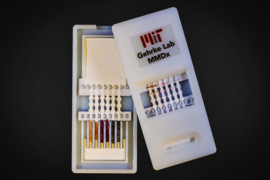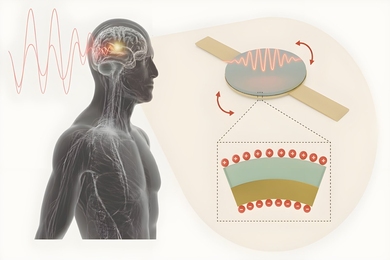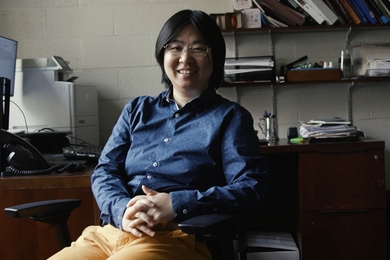On Tuesday, Dec. 8, the MIT International Design Center (IDC) is hosting an Interdisciplinary Design Conversation featuring Lee Gehrke, the Hermann von Helmholtz Professor in MIT's Institute for Medical Engineering and Science and a professor of microbiology and immunology at Harvard Medical School. This event, which will take place at 4 p.m. at the IDC (Building N52, 3rd floor), is free and open to MIT and to the public.
Viruses are significant health threats worldwide; therefore, low-cost rapid diagnostic devices are needed to quickly triage febrile patients and to measure seroconversion in vaccine trials. Ebola, Chikungunya, Dengue, and Zika infections are appearing and spreading as a consequence of poor sanitation, urban crowding, travel, shipping, and climate change.
Gehrke's talk, "Design for Hack Applied to Rapid Diagnostic Devices to Detect Emerging Viruses," will share information about the design approach, Design for Hack, permitting assembly and modification by end users toward iterative improvements, using examples from Ebola, Chikungunya, and Dengue viruses.
Gehrke's work focuses on creating devices that are affordable and adaptable to patients and health care workers. He combines multiparameter assay design with flexible features that allow devices to be hacked by users for maximum engagement. On Dec. 8, he will discuss approaches for distinguishing closely related viral serotypes by analyzing blood or serum using gold or silver nanoparticles and antibody pairs in a paperfluidic device.
The IDC invites design experts to take part in the Interdisciplinary Design Conversations series. The series brings a prominent figure from industry, research, practice, or other domain to offer thoughts on interdisciplinary themes in design. These talks are meant to foster an ongoing and Institute-wide discourse on the evolving nature of the processes, tools, and outcomes of design in the 21st century. All members of the MIT community are invited to join in an effort to cultivate an inclusive environment for thinking about and initiating effective design in the world.









